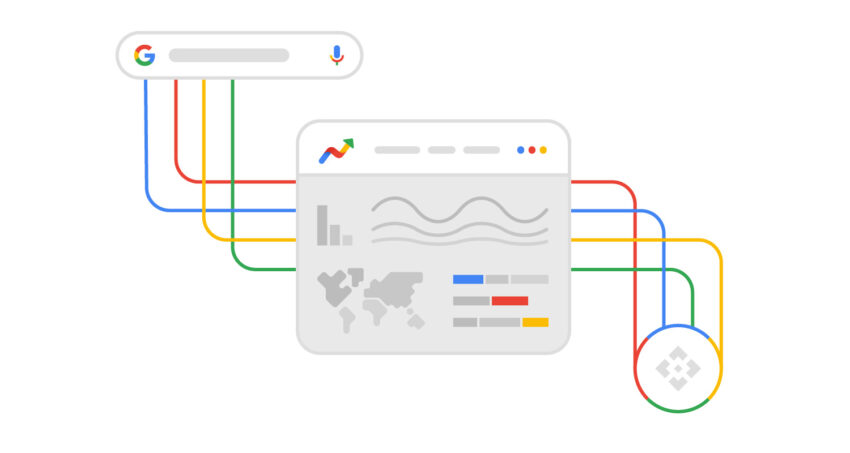Source: Search Engine Roundtable by barry@rustybrick.com (Barry Schwartz). Read the original article
TL;DR Summary of Google Launches Alpha Version of Google Trends API for Enhanced Data Access
The new Google Trends API alpha enables researchers, journalists, and developers to access up to 5 years of search data with detailed time and geo aggregations. It supports daily, weekly, monthly, and yearly insights to help identify emerging trends and optimize content strategies. Currently, access is limited and requires application, as Google seeks user feedback to refine the API before full release.
Optimixed’s Overview: Unlocking Search Insights with Google’s New Trends API Alpha
Introduction to the Google Trends API Alpha
Google has introduced an alpha version of its Google Trends API, designed to provide programmatic access to search behavior data. This initiative aims to empower various professionals including researchers, journalists, and marketers by giving them a robust tool to analyze and track search patterns more effectively.
Key Features and Use Cases
- Data Coverage: The API delivers search trend data spanning the past five years with multiple aggregation levels — daily, weekly, monthly, and yearly.
- Geographical Filters: Users can target data by specific regions and sub-regions, enabling localized insights and refined analysis.
- Research Applications: Facilitates prioritization of scientific research and public resource allocation by providing trend data relevant to academic and policy-driven studies.
- Publishing and Journalism: Helps media professionals spot emerging topics early and craft compelling stories grounded in real-time search interest.
- Business and Marketing: Assists marketers and SEO specialists in optimizing content strategies and allocating resources based on trend momentum.
Access and Future Development
Currently in alpha, the API requires interested users to apply for access, reflecting Google’s intention to gather valuable feedback and improve the tool. As noted by Google’s John Mueller, the API is a work in progress, with a limited testing phase planned to ensure it meets user needs effectively before a broader release.
